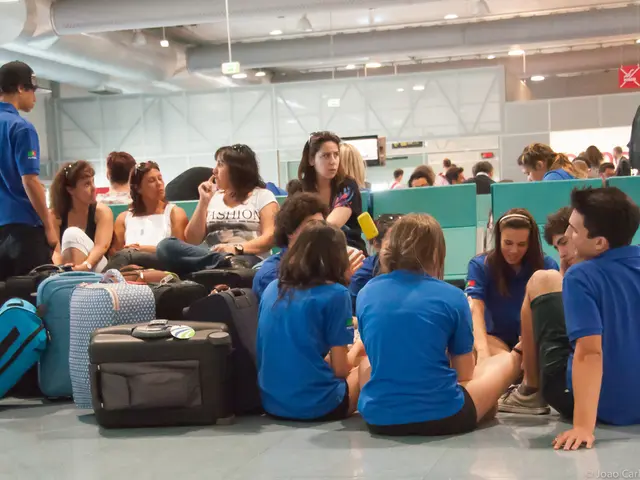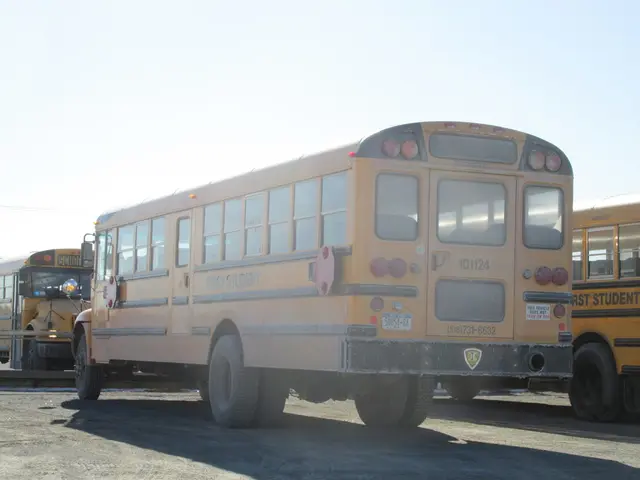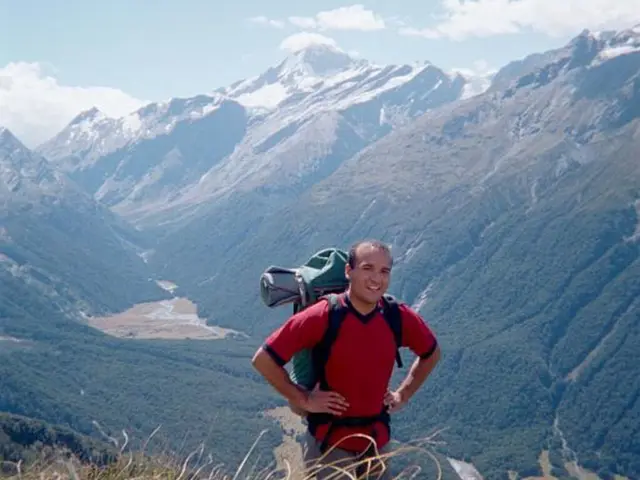Embrace the Vacation without Your Smartphone
Do you imagine yourself stumped while trying to tell a waiter your order in a foreign language, or unable to navigate a place without a digital translator or GPS? For some, this might sound like hell. For others, like the US travel company FTLO (For the Love of Travel), it's an opportunity for a refreshing digital detox, one that comes with a price tag.
FTLO, which caters primarily to solo Millennial travelers, plans to introduce mobile-free travel in February 2024. Participants can choose between a 5-day or a 1-week mobile detox, renouncing email, Instagram, Google Maps, translators, and any other digital distractions.
"We hope travelers embrace the challenge of traveling without their device and that this device-free travel leads to richer experiences and deeper insights," says Tara Cappel, the founder and CEO of FTLO Travel, to CNN.com connect.
As we become increasingly reliant on our smartphones, they can negatively impact our mental health and presence, Cappel points out. By eliminating these digital distractions, travelers can fully immerse themselves in their destination and be fully present.
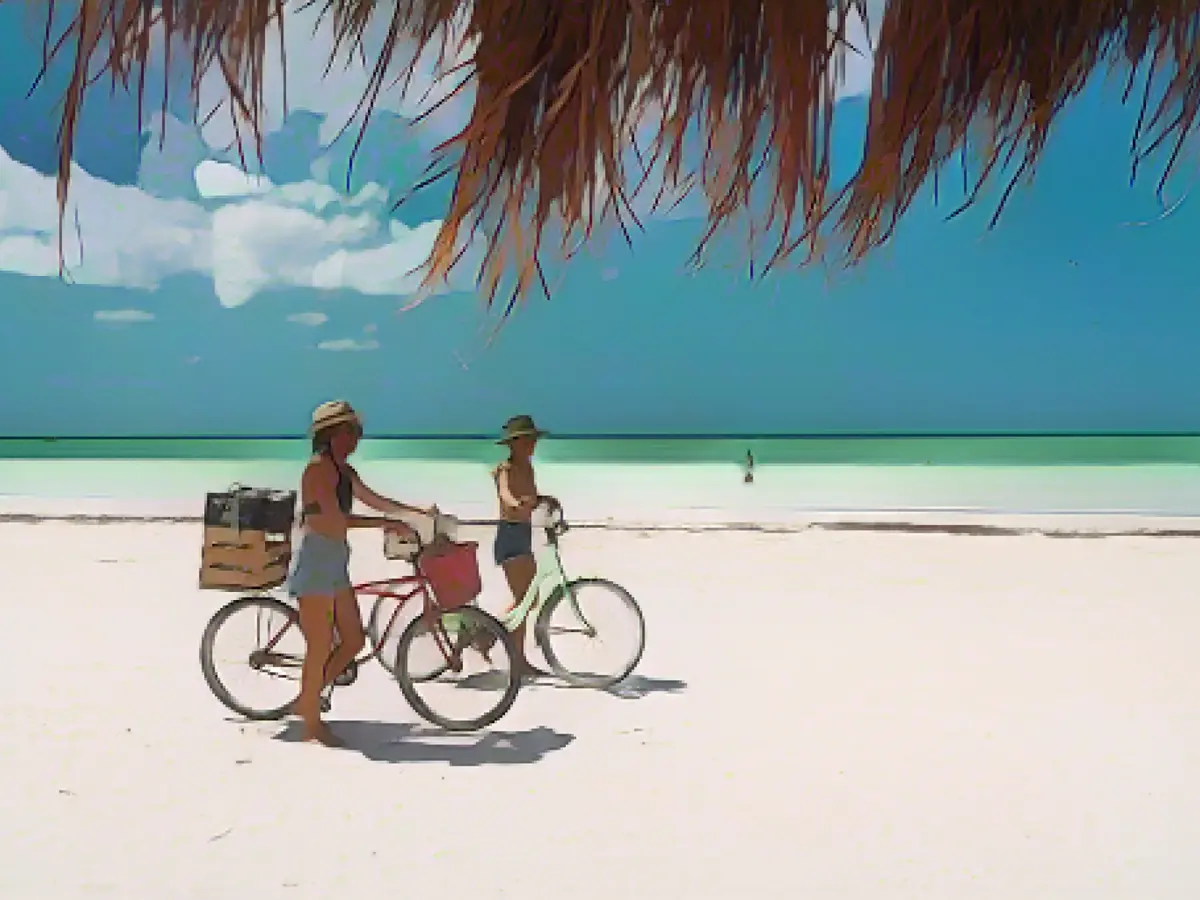
A Digital Escape
As we find ourselves more and more distracted by screens in our pockets, a digital retreat becomes an increasingly attractive prospect.
This year, Finland's Ulko-Tammio announced itself as the world's first mobile-free tourist island, encouraging visitors to dive into nature and escape technology.
Numerous other hotels and accommodations, like the exclusive Rancho La Puerta in Mexico, promote themselves as digital detox destinations, focusing on relaxation without the burden of phones and computers.
FTLO Travel offers tours that start at 1,999 $ for 14-person groups for locations in Italy (Rome and Florence), Cuba (Havana), Portugal, Mexico, Costa Rica, and Iceland. A longer, seven-day tour costs 3,200 US-Dollars. Flights are not included in the package.
According to Capel, having a smartphone on these trips is a strict rule. Travelers are advised to leave their devices in their luggage or the hotel safe.
Those unable to resist digital temptation and caught using their phones may be asked to leave the group if their behavior negatively impacts the experience of other travelers.
However, travelers are encouraged to bring a digital camera to capture their memories.
For mobile-free tours, participants receive printed travel plans and a pamphlet containing information about changes, which are displayed in the lobby. The tour guide will be equipped with a mobile phone for logistical purposes and in case of emergencies.
The Benefits of a Phone-Free Vacation
According to Lamees Khorshid, a psychologist based in California specializing in high-performance, happiness, and relationships, the benefits of a phone-free vacation are immeasurable.
"Without the constant ding of your phone, you reduce distractions and can be more present and focused in the moment," Khorshid says to CNN Travel.
"We value spontaneity, which includes spontaneous conversations with locals, even getting lost and allowing for serendipitous encounters and unexpected surprises."

'Autopilot' Off
When you turn off your phone, according to Khorshid, your brain is switched on.
"During our daily lives, our brains often run on autopilot, but using something like a paper map can stimulate the brain."
Additionally, when you don't have a phone, you can relax, knowing no one can reach you immediately. It allows you to focus on your experience without feeling responsible for someone else or feeling the need to respond to notifications.
Kim Baron, a 40-year-old digital analytics manager from Cleveland, has already completed six FTLO Travel tours, though she has not yet tried mobile-free travel. She has booked trips to Iceland and Havana.
"It's important to be authentic during travel and make sure you connect with the food, culture, landscapes, and people," Baron says.
Upcoming mobile-free experiences in Italy include cooking courses, truffle hunting, vineyard hikes, and exploring Siena's picturesque contrasts.
The Portugal package includes a cooking workshop for "Pastéis de Nata," a private culinary tour through Lisbon, a day trip to Sintra in a typical Tuk-Tuk, a tour of Évora, and a full-day boat experience.
In Iceland, travelers can enjoy phone-free experiences like Reykjavik food tours, spa experiences, glacier hikes, Jeep tours, hikes to the Breiðamerkurjökull glacier and the Eishöhle Vatnajökull, and trips to Volcano Diamond Beach.
Capel herself has completed several phone-free trips, which she believes will particularly appeal to Millennials who grew up in a non-smartphone world. Her target audience is people between 25 and 39 years old.
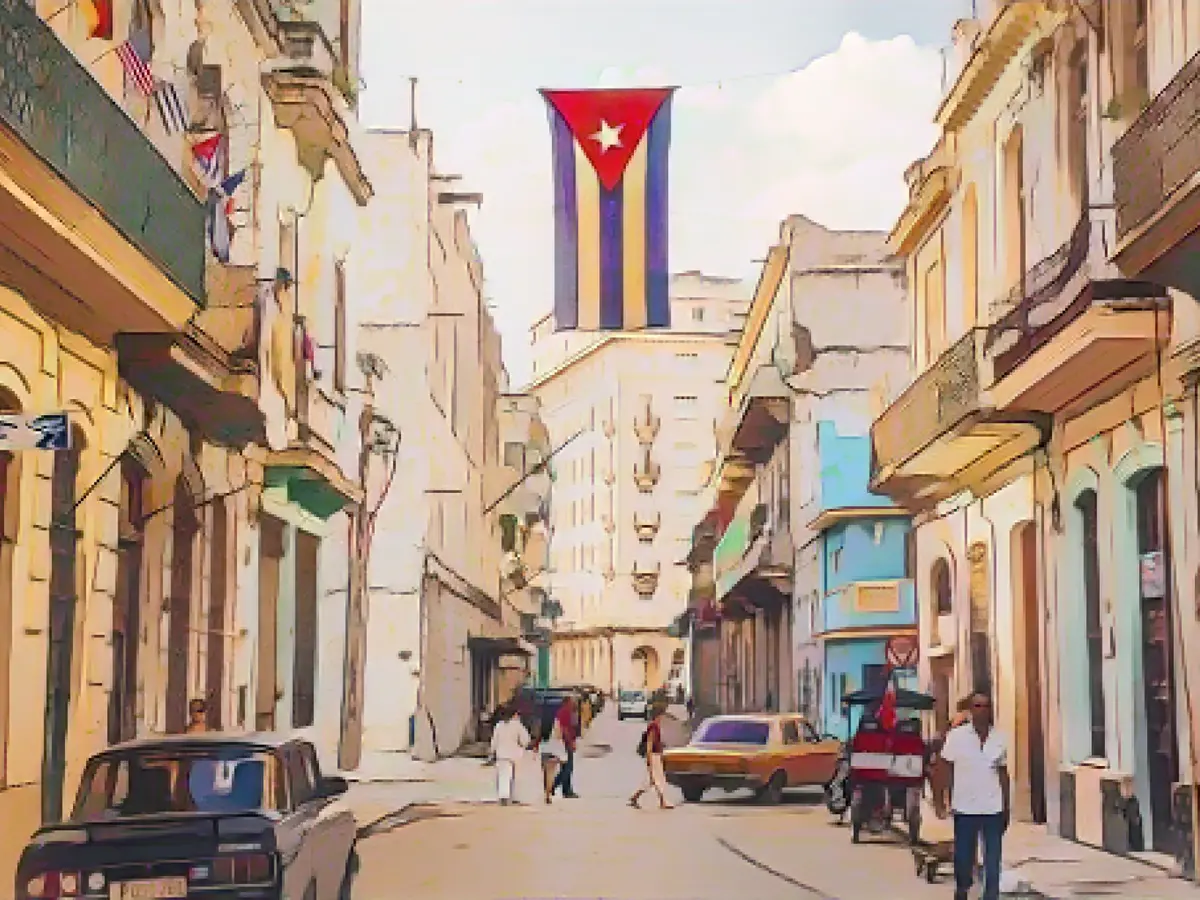
Weigh Anchor
However, it may not appeal to everyone, Capel points out.
"The goal is to bring back the pre-digital era for those who know what the digital era looks like, not for Generation Z or the overstressed looking for detoxification," she says. "If they don't have a phone, their anxiety only worsens."
The ideal traveler, according to Capel, is someone who enjoys challenges and wants to rediscover traditional travel skills. "Without a mobile phone, travel becomes more complicated because you must ask people for directions to find out where you can get information or how to get from A to B," Capel says. "By relying solely on your phone, you never leave your comfort zone. Instead, you interact with the place."
Capel recently led a 3-day, phone-free trip through Prague with her team to test the format, and she described it as an "interesting and captivating experience."
"I walked for hours without a phone, talked to people, and loved asking locals for directions, trying to communicate and overcome language barriers," she says. "It was the best day of my life, and I was mentally energized and relaxed, even though I walked 18,000 steps."
In 2018, Capel and her sister undertook a phone-free trip to Havana, with its primary focus on overcoming challenges like navigating the public transportation system, hitchhiking with locals, and deciphering untranslatable restaurant menus.
"I had no translation app. Therefore, if I couldn't understand what the dish was, I was forced to communicate with the waiter and have him show me the ingredients of the dish."
"Smartphones are like drugs, and we default to opening social media apps like autopilot. These trips are more about understanding local culture than just a digital detox," Capel says.
She hopes that these free-of-charge phone tours will help people incorporate occasional phone breaks into their daily lives, enabling them to be more present in their day-to-day lives.
*Clarification: In an earlier version of this story, it was not clearly explained what would happen if travelers continued to use their phones and how they would be informed about the event.

